Meal Planning: Setting Yourself Up for Success:
Meal planning is a valuable tool for maintaining a healthy diet amidst a busy lifestyle. Here’s how you can make it work for you:
- Plan Ahead: Take time to plan your meals for the week, considering a balance of macronutrients and incorporating a variety of food groups.
- Prep in Advance: Meal Prep ingredients or meals ahead of time to save time and avoid relying on unhealthy convenience options.
- Pack Your Lunch: Bringing your own lunch to work or school ensures you have control over the ingredients and portion sizes.
A comprehensive understanding of the fundamentals of healthy eating empowers us to make informed choices about our diet. By following a balanced diet, considering macronutrients and micronutrients, practicing portion control, and incorporating meal planning, we can embark on a journey towards improved well-being.
Remember, small changes and consistent efforts lead to long-term success. Start making healthy choices today and experience the transformative power of nourishing your body from within.






